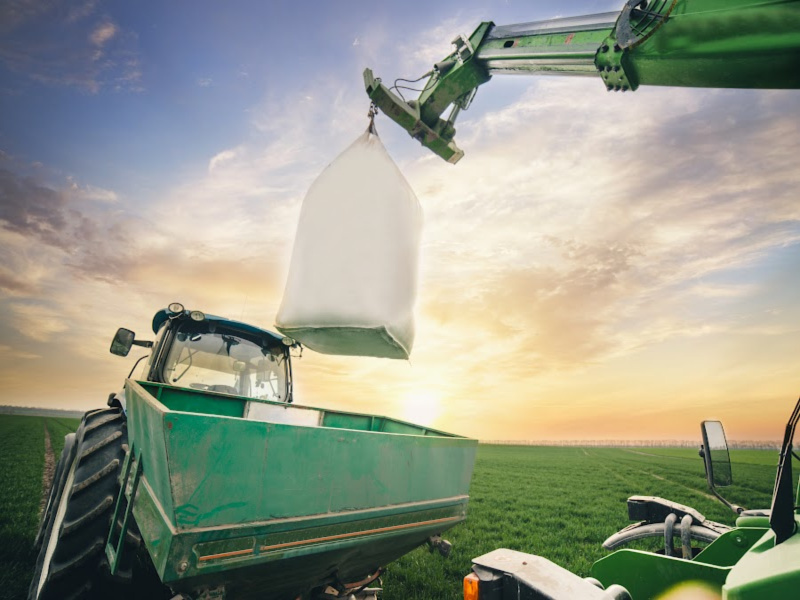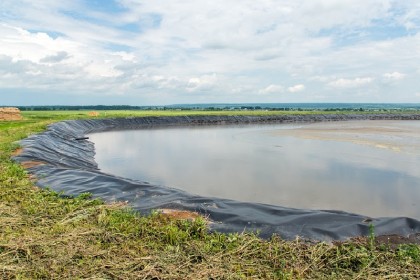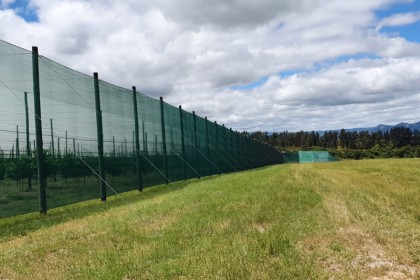
Soil Fertility Management Practices: A Brief Explanation
Agriculture and the growth of healthy, profitable crops are heavily dependent on soil and whether or not it is fertile. One can provide a crop with the perfect weather condition, enough water and prevent insects from demolishing a crop; however, if one’s soil is not suitable and does not have the correct nutrients for a certain crop, the growth will not be satisfactory.
As a critical resource to farming, soil and the soil fertility management process is extremely important. In this article, we will discuss why soil fertility management is important, what makes the soil fertile, how to detect unfertile soil and how to ensure your soil stays fertile for improved crop health and growth.
Why Soil Fertility Management is Important
Soil management refers to the way in which soil is treated and what is done to feed and balance the nutrients within the soil. If a patch of soil is farmed year after year without any nutrients being returned to the soil, it will eventually be devoid of nutrients. This is due to the crops using up all of the soil’s nutrient reserves.
Thus, it is imperative to understand the ecosystem of soil, which nutrients are required for which crops, and when as well as how much nutrients need to be returned to the soil. Without this, farmlands will become barren and food scarcity will become a global problem.
What Makes Soil Fertile?
Healthy, fertile soil consists of a variety of nutrients. There are “major” nutrients that are required for minimal and basic plant growth to occur, and then there are other nutrients that are required in smaller quantities that ensure lush and successful crops.
- Major Nutrients: The major nutrients required consist of nitrogen, phosphorus and potassium.
- Other Nutrients: These nutrients include, but are not limited to elements such as calcium, magnesium, sulfur, iron, zinc, copper, boron, and nickel.
Soil fertility also has to do with the structure of the soil, the amount of moisture retained by the soil, how well the nutrients in the soil are preserved, as well as the pH balance present.
How to Detect Unfertile Soil
Before planting a crop, it is important to analyse the fertility of the soil. As each crop requires a different composition of nutrients to result in optimal growth, different types and quantities of nutrients will have to be added to the soil. There are two ways in which one can determine the fertility of the soil in question.
- Observation: One can check what the previous crop has done and how it has grown as well as keep an eye out for the types of weeds and grasses that grow in the area to determine which nutrients are present and which are lacking.
- Testing: One can have the tissue and soil tested to receive a more accurate identification of the nutrients that are required.
What Are the Ways to Maintain Soil Fertility?
There are many ways in which one can increase the fertility of your soil. Some of them include making use of fertilizers, manures, composts and some waste products. Some of these additives provide the soil with nutrients, while others (like compost), provide the soil with organic matter that promotes a healthy soil ecosystem.
Where to Find A Trusted Fertilizer
It is important to ensure that one purchases the correct fertilizer from the correct provider. There are unfortunately higher quality and lower quality brands available. There are also some brands that cater specifically for certain crops and plant growth, which is why it is important to ensure that you acquire a fertilizer with the correct balance of nutrients for your specific crop. Some nutrients promote more flower or fruit growth while others increase the number of leafy greens produced.
It is advisable to consult professionals when hunting for a good fertilizer. FERTASA (Fertilizer Association of Southern Africa) ensures that all of their recommended fertilizer providers provide you with a product that is of high quality. To find out more about FERTASA and which fertilizer would be best suited to your crop, visit the AgrifoodSA directory.












